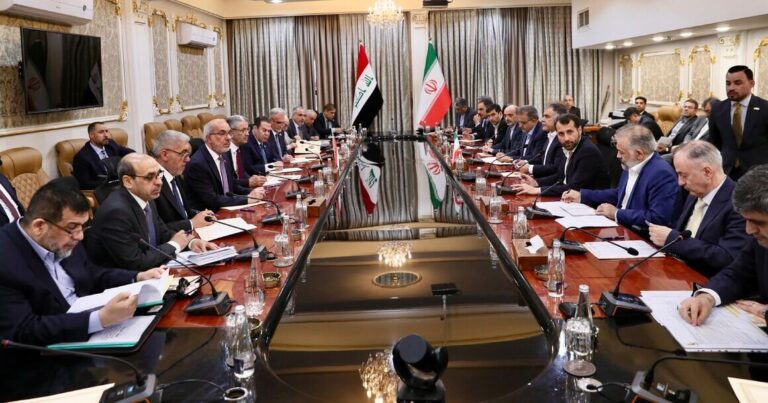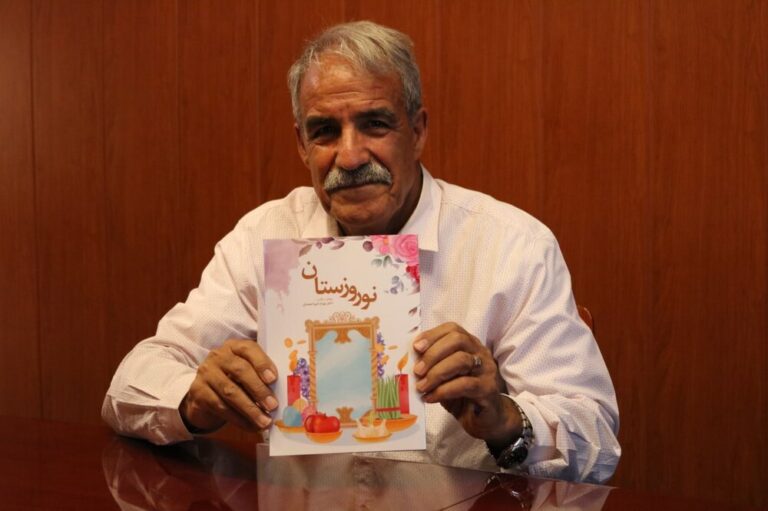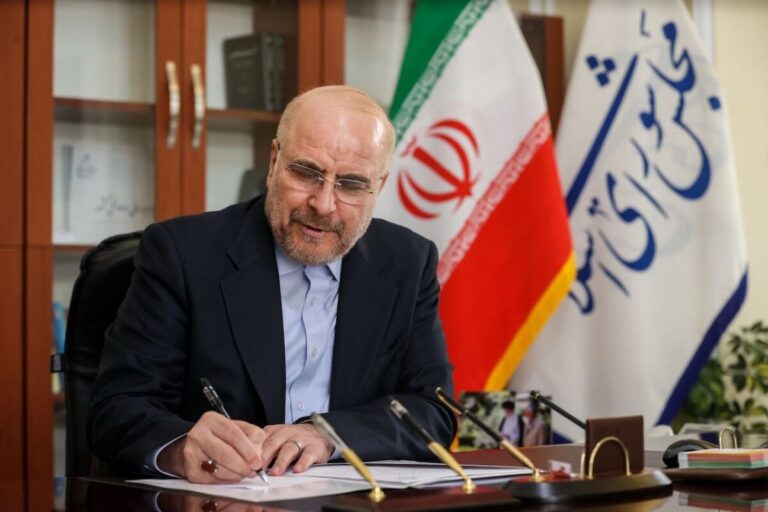US Hegemony vs. China’s Cooperative Diplomacy: A Clash of Global Philosophies
In a recent development highlighting the ongoing trade tensions between China and the United States, China has urged the US to eliminate unilateral tariffs. This call underscores Beijing’s diplomatic philosophy that advocates for win-win cooperation, contrasting sharply with Washington’s approach focused on maintaining global dominance.
On Thursday, the Chinese Ministry of Commerce made a formal request for the full removal of all unilateral tariffs that have been imposed on China’s exporters. He Yadong, the ministry’s spokesperson, addressed the media during a weekly news conference in Beijing, stating that the arbitrary imposition of tariffs by the US violates fundamental economic principles and market rules, a sentiment echoed by China Daily.
He emphasized that such actions have provoked significant opposition both internationally and domestically within the US. He urged American politicians to heed the rational voices from the global community and domestic stakeholders. According to He, negotiations regarding tariffs must be grounded in mutual respect.
“China’s position is consistent and we are open to consultations and dialogues, but any form of consultations and negotiations must be conducted on the basis of mutual respect and in an equal manner,” He stated.
China’s plea for the removal of unilateral tariffs highlights its belief that a genuine resolution can only be achieved through equal and constructive dialogue. Since President Donald Trump returned to the White House in January, he has initiated a trade war against China, imposing tariffs that can reach up to 145% on Chinese exports. In retaliation, China has imposed its own tariffs, reaching 125% on US products.
Recently, US Secretary of Treasury Scott Bessent remarked that a “trade war with China is unsustainable,” while US media and experts have cautioned that Trump’s trade policies could harm American consumers. Prominent American economist Jeffrey Sachs, who directs the Center for Sustainable Development at Columbia University, stated that the US trade war against China is “very self-defeating for the United States.”
Contrasting Diplomatic Philosophies
The diplomatic philosophy of the US in international relations often revolves around maintaining its own dominance and exhibiting a preference for unilateral actions. The US tends to utilize its substantial economic and military resources, frequently overlooking international law and the regulations established by global institutions. When US objectives conflict with international standards, it tends to circumvent multilateral agreements, opting for unilateral military interventions or sanctions.
In stark contrast, China promotes diplomatic relations based on the principles of peaceful coexistence and win-win cooperation. It advocates for the establishment of a fair and equitable international order aimed at creating a community that envisions a shared future for humanity. China maintains that international relations should not be dominated by any single power but should emerge from collective dialogue among all countries.
Key aspects of China’s diplomatic philosophy include:
- Equal Participation: Every nation, regardless of size, strength, or wealth, deserves equal involvement in regional and global matters.
- Multilateral Engagement: China actively engages with multilateral organizations like the United Nations, upholding the principles of the UN Charter and international law.
- Peaceful Resolutions: China advocates for resolving disputes through negotiation and dialogue, promoting multilateral trade discussions to enhance global trade liberalization.
- Climate Commitment: Under the Paris Agreement on climate change, China has consistently honored its commitments while working to build international consensus.
In line with these commitments, the Belt and Road Initiative (BRI) is a cornerstone of China’s diplomatic strategy. The BRI is founded on collaborative consultation, cooperative development, and mutual benefits, aiming to enhance connectivity across various sectors including policy, infrastructure, trade, finance, and cultural exchanges with partner nations. The ultimate goal is to foster a community characterized by shared interests, collective destiny, and mutual responsibility.
In summary, China adheres to an independent foreign policy of peace, advocating for diplomatic relations based on peaceful coexistence and win-win cooperation.
Strengthening Relations with Neighboring Countries
The Central Conference on Work Relating to Neighboring Countries, held in Beijing from April 8 to 9, reaffirmed China’s commitment to upholding the “principles of amity, sincerity, mutual benefit, and inclusivity.” This approach aims to strengthen strategic trust with neighboring nations and jointly build a vision of “peace, stability, prosperity, beauty, and friendship.”
During the conference, President Xi Jinping emphasized the importance of creating a community with a shared future with China’s neighboring countries. He vowed to strengthen strategic bonds by “appropriately” managing differences and enhancing supply chain ties. President Xi’s recent three-nation tour to Vietnam, Malaysia, and Cambodia further underlined this commitment.
In conclusion, as the dialogue between China and the US continues, the importance of mutual respect and constructive engagement remains paramount for resolving trade conflicts. China’s emphasis on win-win cooperation and its diplomatic philosophy serve as a guiding principle in navigating these complex international relations.






